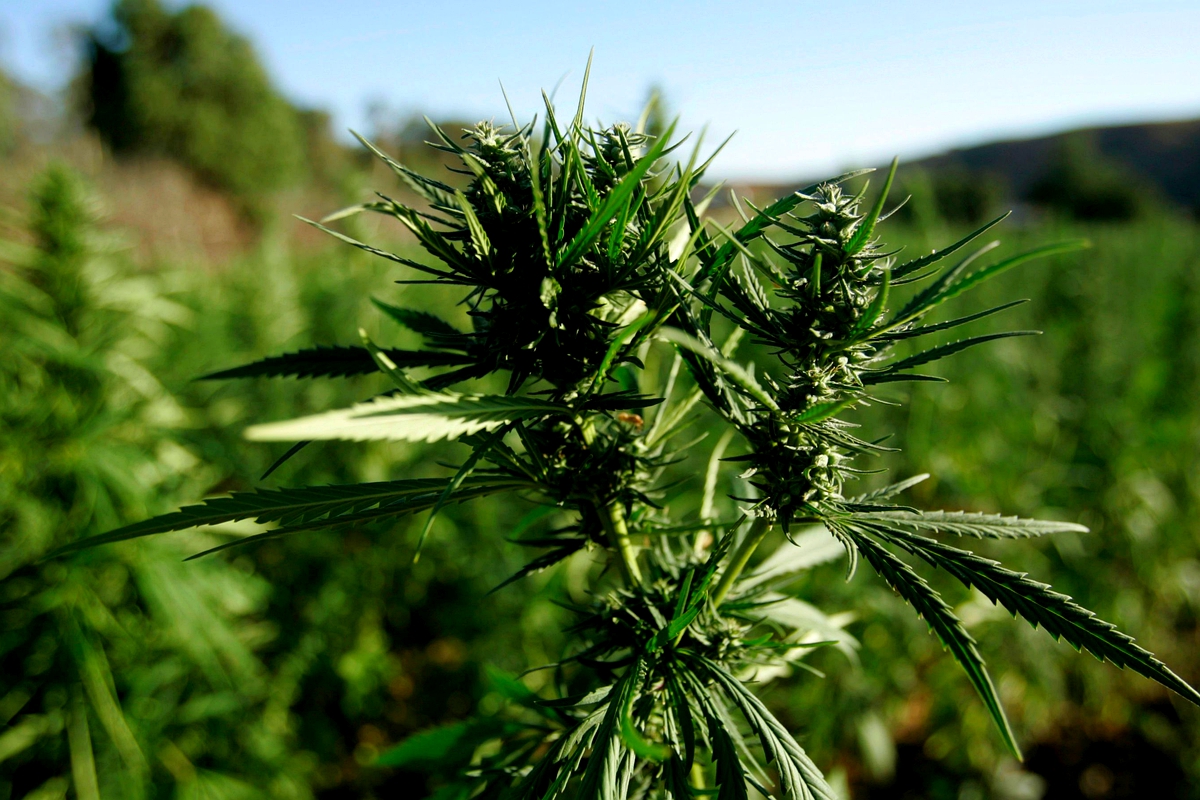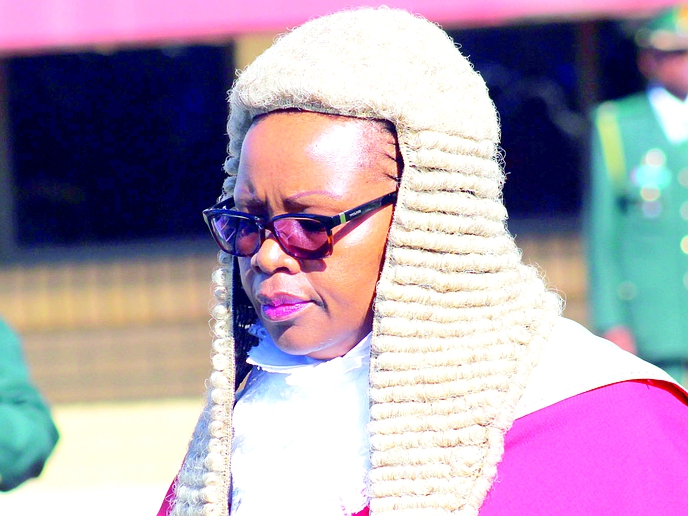We must be ecstatic as a society now that the plant from our ancestors ‘Matekoane’ is a legal crop. We know that among all the crops, this is the most easy to crop to plant and take care of anywhere in Lesotho, especially in the mountain areas where we have black fertile soil. One does not need a tractor, four oxen pulling a plough or even a hoe to cultivate quality matekoane. It is therefore a good opportunity for the rural dwellers to now take advantage of the legalisation and recognition of matekoane as a valuable and marketable commodity in the open market to plant it in a serious note with income generation in mind. This is one of the top money earning plant that could be a remedy to alleviate poverty levels while the staple plants such as maize, sorghum, can be for consumption to fight starvation in our families. The legalisation of Matekoane could also not have come at the right time in Lesotho when the current government has considered agriculture as a top priority in economic development and fighting poverty. Basotho have been aware of the importance and economic potential of matekoane since the formation of the kingdom. Basotho were devastated when the colonial rulers banned the use of matekoane and declared the precious crop illegal. Even its natural being was illegal and the police had to destroy it wherever they find it. In the old days almost every family in their home gardens and in the maize fields had some matekoane crops, planted or just growing naturally. It was mainly used as medicine on a number of ailments on humans and livestock. A few were smoking it. For anyone to understand how Basotho appreciated matekoane crop, one needs to look at how they hailed and lauded the crop by giving praise names such; Khomo ea bo nkhi (a cow of the rich), Khomo ea fatse (a cow from the soil), Likata (the real stuff), Hlahla se maele (the crop for the wise), and many others. The analogy of a cow is because of the importance of a cow to Basotho, which they refer to as Khomo Molimo o nko e metsi (God with running nose). Even at the time it was not legal, Basotho planted Matekoane in their backyards, at the kraal and sometimes at the rivers and between maize plants so that it looks like weed to the unsuspecting passerby and a not so inquisitive police officer. The sale of Matekoane in the black market has generated thousands of Maloti to many families, has send many children to school and has helped some poor families put bread on the table. Now that it is legalized, every Mosotho who needs a license should be allowed. There should be no restrictions and both subsistence farmers and commercial farmers should be given licenses if they want.
news
May 30, 2018
2 min read
The plant from our ancestors

Enjoy our daily newsletter from today
Access exclusive newsletters, along with previews of new media releases.
Tailored for you



